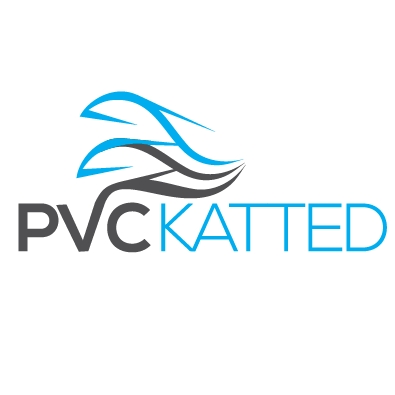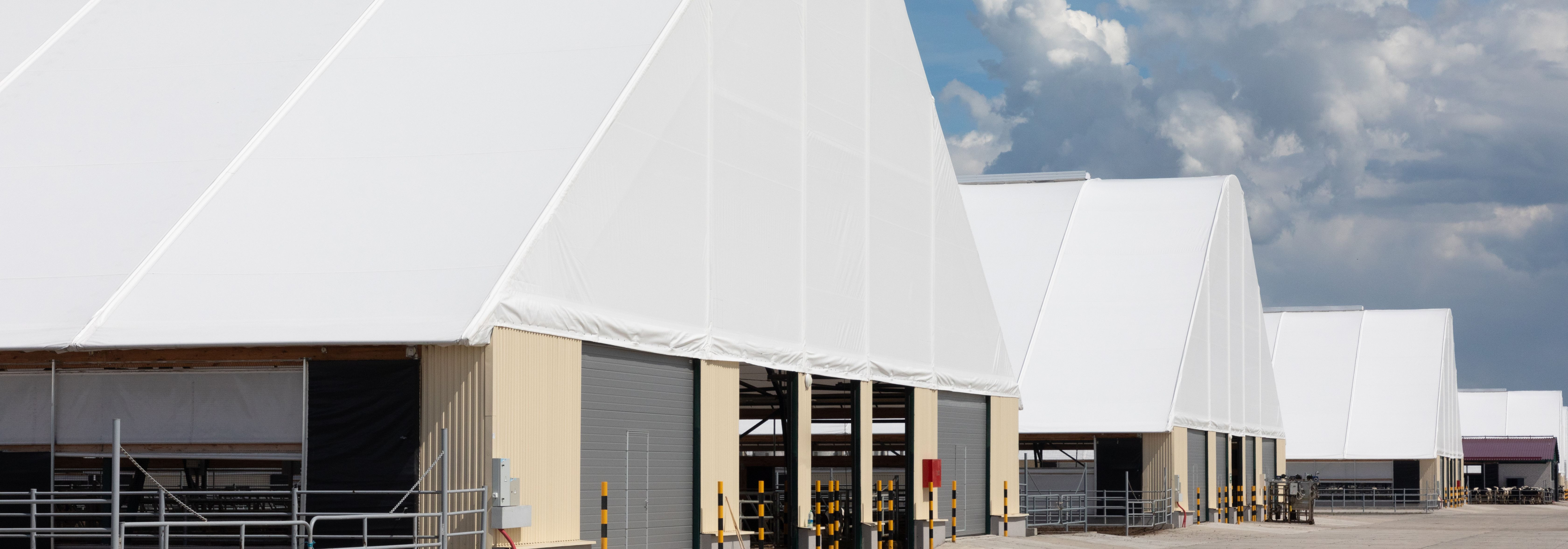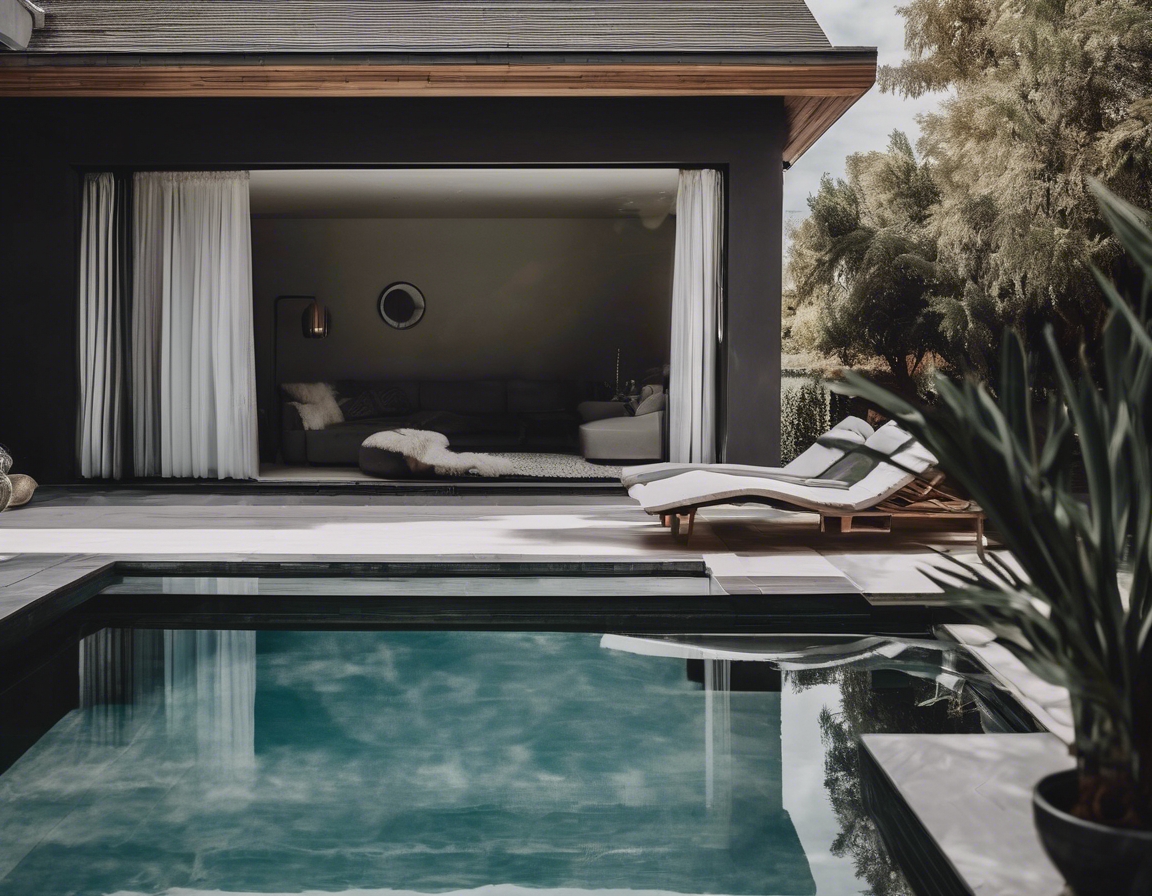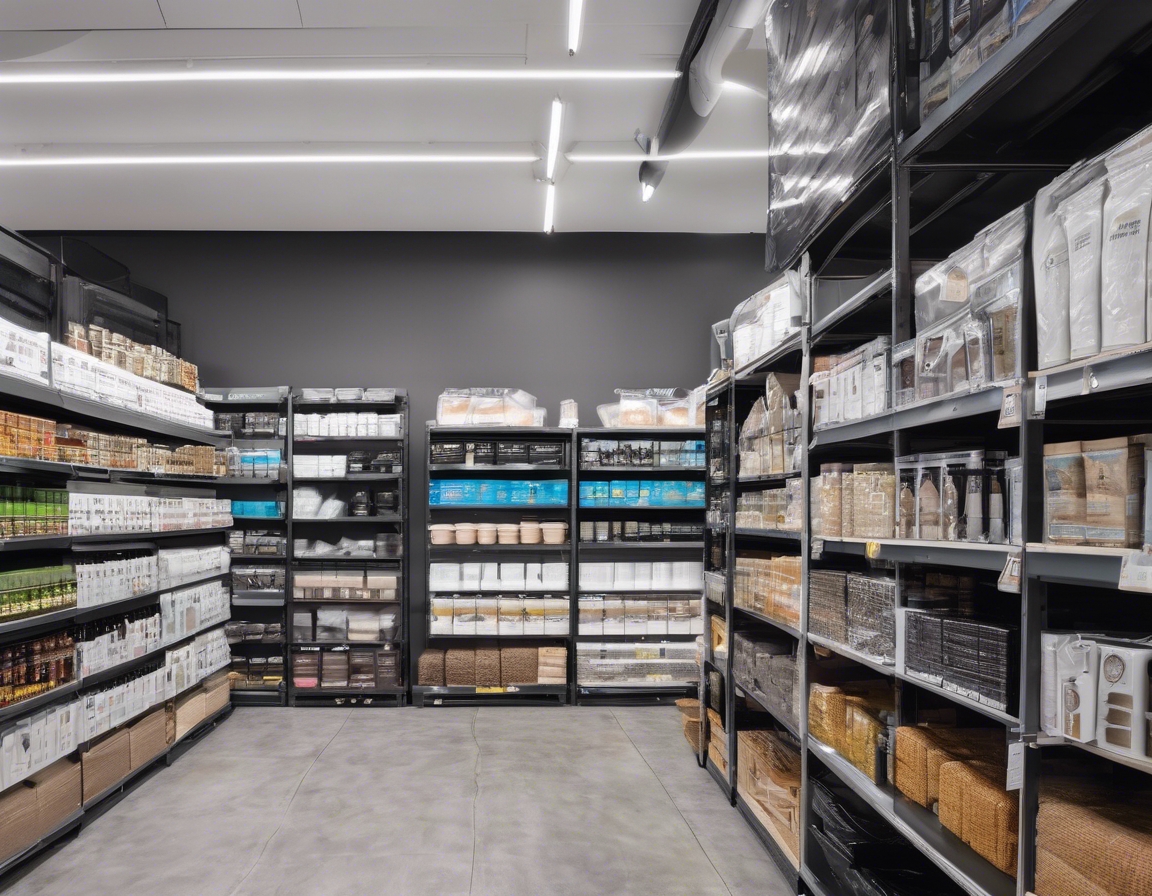Innovative uses of pvc in construction and real estate
Polyvinyl Chloride (PVC) has become a cornerstone material in the construction and real estate industries due to its versatility, durability, and cost-effectiveness. As a synthetic plastic polymer, PVC is used in a wide range of applications, from plumbing and electrical insulation to flooring and roofing. Its adaptability makes it an ideal choice for innovative construction solutions, particularly in regions like Estonia where weather resistance is crucial.
Advantages of PVC in Construction
PVC is renowned for its durability and ability to withstand harsh weather conditions. This makes it an excellent choice for outdoor applications, ensuring longevity and reduced maintenance costs. Its resistance to moisture, chemicals, and UV rays further enhances its suitability for construction projects in challenging environments.
One of the most appealing aspects of PVC is its cost-effectiveness. Compared to traditional materials like wood or metal, PVC offers a more affordable solution without compromising on quality. Its lightweight nature also reduces transportation and installation costs, making it a budget-friendly option for large-scale projects.
PVC can be easily molded into various shapes and sizes, allowing for a high degree of customization. This flexibility enables architects and builders to create unique designs and structures that meet specific project requirements. Additionally, PVC is available in a wide range of colors and finishes, providing aesthetic versatility.
Innovative Applications of PVC
PVC roofing membranes are gaining popularity due to their durability and energy efficiency. These membranes are lightweight, easy to install, and provide excellent insulation, reducing energy costs for heating and cooling. Their reflective properties also help in minimizing heat absorption, making them ideal for energy-conscious buildings.
PVC flooring and wall coverings offer a practical and stylish solution for both residential and commercial spaces. They are easy to clean, resistant to stains and scratches, and available in a variety of designs that mimic natural materials like wood and stone. This makes them a popular choice for high-traffic areas.
PVC windows and doors provide excellent thermal insulation, helping to maintain indoor temperatures and reduce energy consumption. They are also highly resistant to weathering, ensuring a long lifespan with minimal maintenance. The ability to customize their appearance further enhances their appeal in modern construction.
PVC pipes are a staple in plumbing systems due to their strength, corrosion resistance, and ease of installation. They are suitable for both hot and cold water applications and are less prone to leaks compared to traditional metal pipes. This reliability makes them a preferred choice for new constructions and renovations alike.
Modular construction is revolutionizing the building industry, and PVC plays a crucial role in this trend. Its lightweight and durable nature make it ideal for prefabricated modules that can be quickly assembled on-site. This approach not only speeds up construction timelines but also reduces waste and environmental impact.
Environmental Considerations
While PVC is a synthetic material, advancements in recycling technologies have made it more sustainable. Recycled PVC can be used in various applications, reducing the demand for virgin materials and minimizing environmental impact. Additionally, PVC products often have a long lifespan, further contributing to sustainability efforts.
PVC's insulating properties contribute to energy efficiency in buildings. By reducing the need for heating and cooling, PVC helps lower energy consumption and greenhouse gas emissions. This aligns with global efforts to create more sustainable and eco-friendly construction practices.
Future Trends in PVC Usage
As the construction and real estate industries continue to evolve, the demand for innovative and sustainable materials like PVC is expected to grow. Future trends may include the development of new PVC composites with enhanced properties, as well as increased integration of PVC in smart building technologies. These advancements will further solidify PVC's role as a key material in modern construction.






Comments (0)